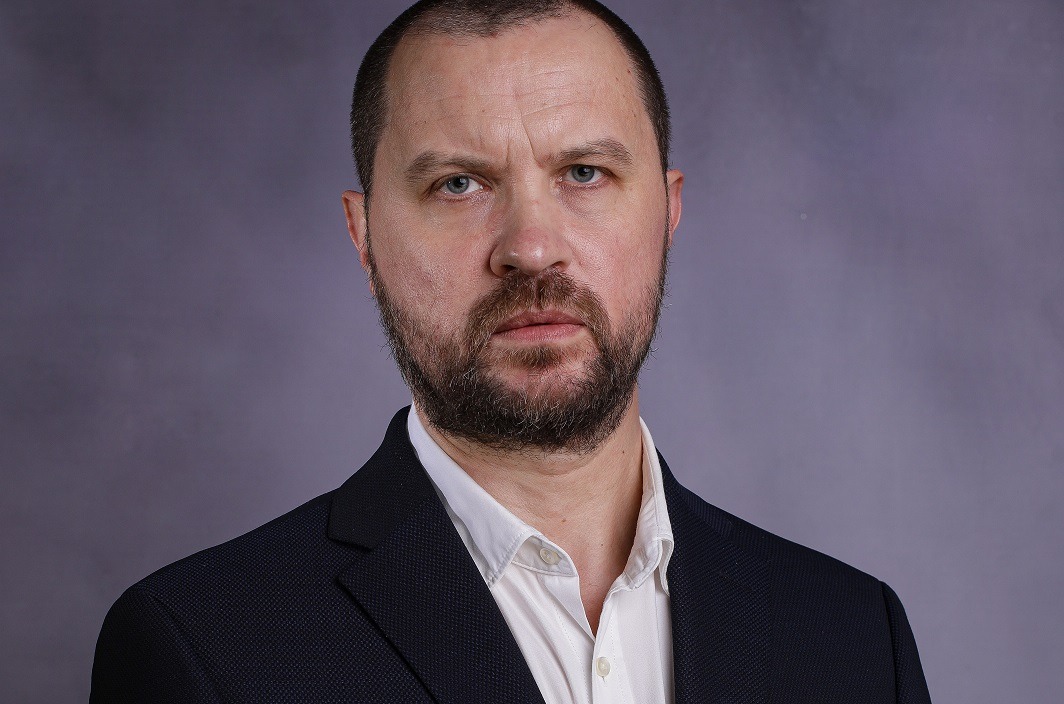Dacian Ciolos resigned four months after his election as usr president with the argument that he feels like a ”driver without a steering wheel”. In other words, it does not control the decision, which would be in the hands of the National Bureau, a governing body controlled by the people of the former President, Dan Barna.
Ciolos proposed to the usr to modify the state so as to dilute the influence of the National Bureau and concentrate more power, under the threat that if his project is rejected he resigns.
Ciolos resigned on Monday after his proposals failed to come to a vote, announcing he would remain a member.
Does the former European Commissioner, the former prime minister and the former leader of the Renew Europe group in the European Parliament really want to remain a mere member? That would be a question. And if the answer is no, in reality he wants to do further politics at the top, other questions arise from this.
Will he want to enter the race for Cotroceni in 2024 from the USR or from another party? Are they targeting a named post, as most have been filled so far?
If Dacian Ciolos imagines that he will return in a year or two at the top of the usr in the position of candidate for Cotroceni, I fear that it will be extremely difficult to convince the party he abandoned after only four months to invest him again with confidence.
He gave up far too quickly, without any proposed bill being rejected as president, without being sabotaged by the supposedly hostile majority in the Standing Bureau. This is not how a true leader does it, but struggles to convince man by man that he deserves to be followed.
Under Dacian Ciolos the party continued its decline in the polls. The commander abandoned ship before it sank below the psychological threshold of 10%. I don’t know of any politician who gave up the Battle who came back later. It is one thing to lose elections and fight stubbornly until you win (Orban, Oprescu), and it is quite another to abandon the race before it starts.
They are gestures of weakness, not strength. Any abandonment sends a powerful demobilizing message and generates disappointment among sympathizers. While he was appointed to important public positions, Dacian Ciolos proved a good administrator of public policies. As a politician, he showed his limits.
I wrote the first text about Dacian Ciolos 14 years ago, in 2008, when I called him ”A kind of Macovei”. We then welcomed the entry into the government, in the position of Minister of Agriculture, of a technocrat who proved competent, and subsequently made a beautiful figure of European Commissioner.
Like Macovei, as skilled and useful as he proved as a technocrat, so much did he disappoint as a politician, and not just in Bucharest. Today, Dacian Ciolos is no longer the leader of the Renew Europe group in the European Parliament.
His hesitant, eternally undecided style, incapable of direct collision with the political opponent betrays a reflex of attentive functionary to maintain good relations with all parties, with all politicians. You never know when their support is needed in an important function.
This mentality was seen very well in the reply given to the interim president of usr, Catalin Drula, who announced that the party will make ”real” opposition in the streets from here on.
“If Drula thinks that the president is opposing, he is wrong. That’s not how opposition is done. Personally, I think it is not enough to make opposition just by going out to attack,” Ciolos replied, sparking stupor in the party and in the public. But how to make opposition? Missing for weeks in the midst of the election campaign, on holidays in Madeira or secluded in the mountains, at the cottage?
And here the former Renew Europe leader can be partly understood. Ciolos has become accustomed to the velvet gloves politics of Brussels, to behind-the-scenes negotiation and compromise between the big political groups, very different from the politics of hair and demolition practiced in Bucharest.
He failed to adapt his style to domestic politics and the Romanian public. One is salon politics, made with European leaders, with velvet gloves, in high spheres, quite another involves the position of leader of an opposition party in Romania: work from below, beating villages and towns in picor, permanent contact with the various Romanian world, long and boring meetings of internal organization, exchanges of harsh lines in tv studios. Posts on FB and a press conference every now and then are not enough.
In short, Ciolos fell from Olympus to the Romanian pond where he obviously does not feel at ease. With his proverbial convenience, there was little he could do about it.
In conclusion, Dacian Ciolos’s career in the USR is over. Just as Nicusor Dan forced the userists ‘ hand in 2017 and permanently lost the party’s support, Ciolos has little chance of returning as usr leader.
No matter how imbued with the belief that without him one cannot, he will soon discover that life goes on without him. Nicusor Dan took the place of Dan Barna, Barna Ciolos, Ciolos Drula and no one will look, sighing, behind.
When they abandon the struggle before it begins, messianic leaders have only one thing left to do after abdication: to save themselves by seeking personal solutions. With his experience in important positions, Dacian Ciolos may have ended his political career at the top, not his career as an official useful for the system.
–


